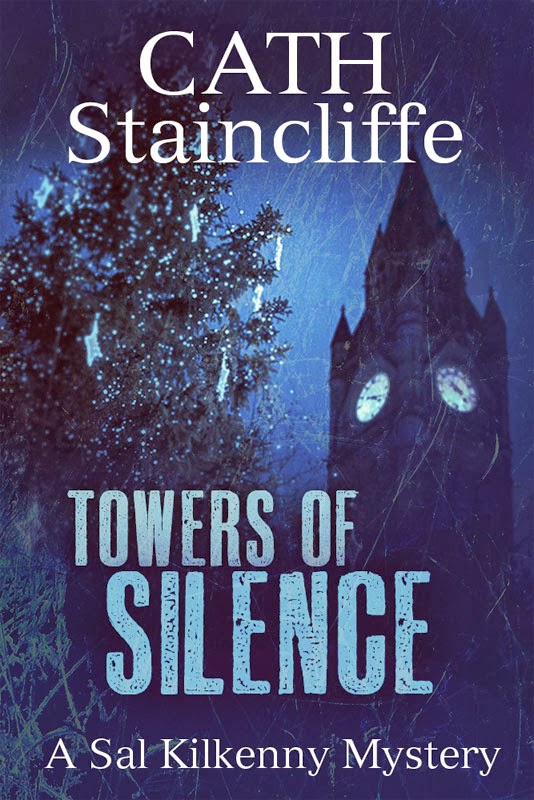I parked a few doors down from Diane’s. The narrow street was lined with cars at that time of day.
Behind the lacy net curtains, little ones were being put to bed and the small rooms tidied up. At this time of year, if it hadn’t been raining, the kids would have been out on the street, mums would bring out chairs and sit on the dusty pavement, swapping tales and shouting warnings to their offspring. They’d all grown up together round here. Diane was an incomer, regarded as a ‘student’ by the neighbours, who pitied her lonely existence, as they saw it, and were plainly bemused by the bright abstract prints she made.
As I unclicked the seat belt, a car drew up alongside me, blocking the narrow street. Oh no, an irate resident perhaps. One of those people who insist on parking right outside their own front door.
I got out of the car and the passenger leapt out of the other car and came towards me.
‘Have I got your space?’ I called.
He looked incredibly upset. It was only a parking space, for heaven’s sake. I opened my mouth to offer to move, if that’s what he wanted. He leapt the last yard onto the pavement and thumped me full in the face. Suns burst in my eyes, trailing wires of pain from my nose. I was on the floor, my hands cupped over my face, making little yelping noises. Pain exploded in my belly, my ribs. Kicking me. I curled to protect myself. I could hear his breath coming in noisy gasps as he kicked my legs and my arms. He stamped on my head; my skull and ear ground against wet paving stones. I think he just did that once. I could taste iron, sweet and salt. There was a pause. Then a blow to my kidneys, sharp and hard, which sent a deep, bruising pain rolling through my abdomen.
‘Come on, you wanker.’ A shout.
I waited for the next blow. Nothing. Sick boiled up and spurted from my nose and mouth. It was nothing to do with me. I wasn’t there.
I was wet, the pavement was wet. I was lying on the pavement. He must have gone. I opened my eyes. The left one swam red. I closed it. I could see quite well out of the other. A tuft of grass growing between the paving stone and the kerbstone. And just there, a neat white turd. How come some dogs do white ones? There were feet. Two. In Mickey Mouse socks with ears that stuck out at the side and red plastic sandals.
‘What yer doin’?’ A high piping voice. ‘Yer’ve been sick. Have you got a nosebleed?’
I tried to lift myself up but nothing worked.
‘Can you get Diane?’ My voice worked. It sounded so ordinary. ‘She’s at number twenty-three.’
‘Alright.’
I closed my eye.
‘Sal? Oh my god.’
‘I brought you some flowers,’ I said, ‘but I don’t know where I’ve put them.’







